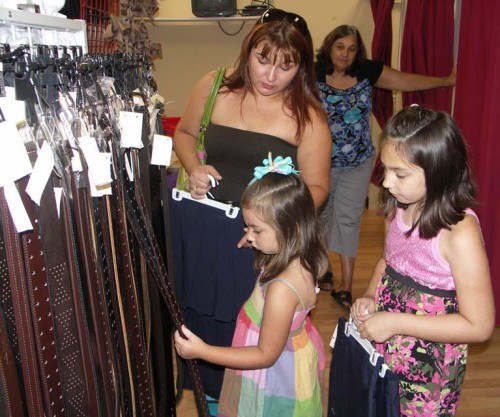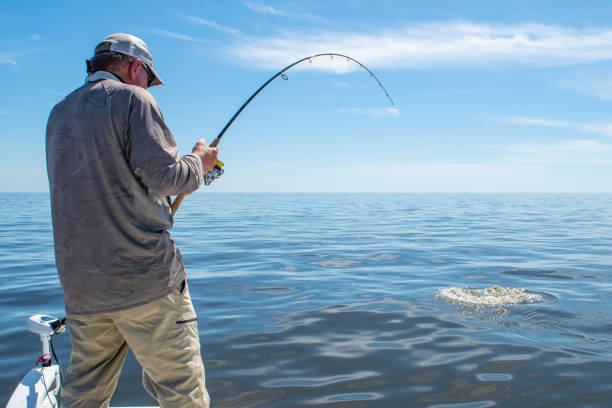
Superintendents name challenges for new school year
August 2, 2011100 Black Men unite for a 5K cause
August 4, 2011A deadly heat wave gripped much of the United States during July, with temperatures that passed the century mark for weeks at a time. In many areas, heat claimed lives as northern states felt air and humidity levels typically thought reserved for the south.
The Chicago Tribune reported that seven people died inside their homes where temperatures reached up to 120 degrees. New York saw temperatures pass the 108 degrees and reach a heat index of 115 once humidity was added.
Geroge Sells with KTVI in St. Louis reported on the television station’s website that he had lost track of how many days the temperatures there had been over 100 degrees, and felt hotter because of oppressive humidity.
In Louisiana, where summer heat is no surprise, what did seem odd was how temperatures up north were as high or higher than those closer to home. The National Oceanic and Atmospheric Administration had forecast Sunday high temperatures in Denver at 96 degrees while New Orleans was to see a high of 92 degrees.
Although temperatures in the lowland were less severe than other parts of the country, the threat of excessive heat still exists for elderly folks, some of whom may be in frail health and living without air conditioning.
“It is a real concern,” Terrebonne Parish Council on Aging Executive Director Diana Edmonson said.
Edmonson reported that last week a Council on Aging Meals on Wheels volunteer found a client unconscious inside a home. The victim had succumbed to excessive heat and it was not known how long that person lay collapsed before medical attention could be rendered.
“We don’t have cooling centers here that they can go to,” Edmonson said. “Fans are good [for air movement], but they need to try and get one air conditioner in one room where they can at least get that one on.”
Heat stroke is the cause of approximately 371 deaths every year in the United States according to caringneighborhoods.org. Of those deaths, nearly 50 percent are persons over the age of 65.
While fans do offer air movement, they do not cool the air and are of no real help once temperatures pass 90 degrees and humidity levels reach beyond 35 percent.
Many upper-age elderly tend to keep their homes locked and closed out of fear for their own safety. This is a particular threat during hot and humid days.
Skyrocketing energy costs prompt many to physically suffer rather than spend extra money to remain cool inside their homes. Most heavily impacted are those elderly living off Social Security with incomes of less than $1,000 a month.
“We have a helping hands program and we can help people with their utilities,” Edmonson said. “If people would just learn to give an extra dollar on their electrical bill that would help.”
Currently, the Council on Aging receives $5,000 each month from Entergy. Edmonson noted that a little mathematical calculation based on one’s own summer cooling bills offers a view of how that $5,000 is a limited source.
“We do utility assistance and we help people three times a year with up to $100,” Edmonson said. “We have more than 1,000 clients that qualify for this program. [If more are interested] they [or a relative] should call us and we will evaluate their situation. There is no shame in getting assistance.”
Edmonson called on Tri-parish residents to help prevent heat-related illness by frequently checking on elderly neighbors and those in poor health.
Health officials offer simple tips for staying safe in summer heat.
• Limit exposure to outdoor and indoor heat
• Spend time in air conditioned locations. Seeing what is new at a retail mall or reading books at the public library are among the justifications of going to those locations for cool air.
• Place cool towels around the head and neck
• Plan ahead for outdoor activities to avoid the hottest hours
• Take showers or baths to remain cool
• Do not use ovens or dryers during the hottest part of the day
• Keep curtains and shades drawn during the day
• Keep a spray bottle of water for self misting
• Eat light food that does not require cooking
• Remain hydrated by drinking plenty of water
Edmonson said that neighbors checking the elderly can simply give a telephone call or schedule a daily visit. She also said to learn heat and health warning signs that include confusion, faintness, rapid pulse, flushed skin, odd behavior or a lack of sweating.
Heat waves do not need to become deadly according to Edmonson. She said that neighbors taking care of neighbors is the first step in preventing heat-related illness and fatalities.










